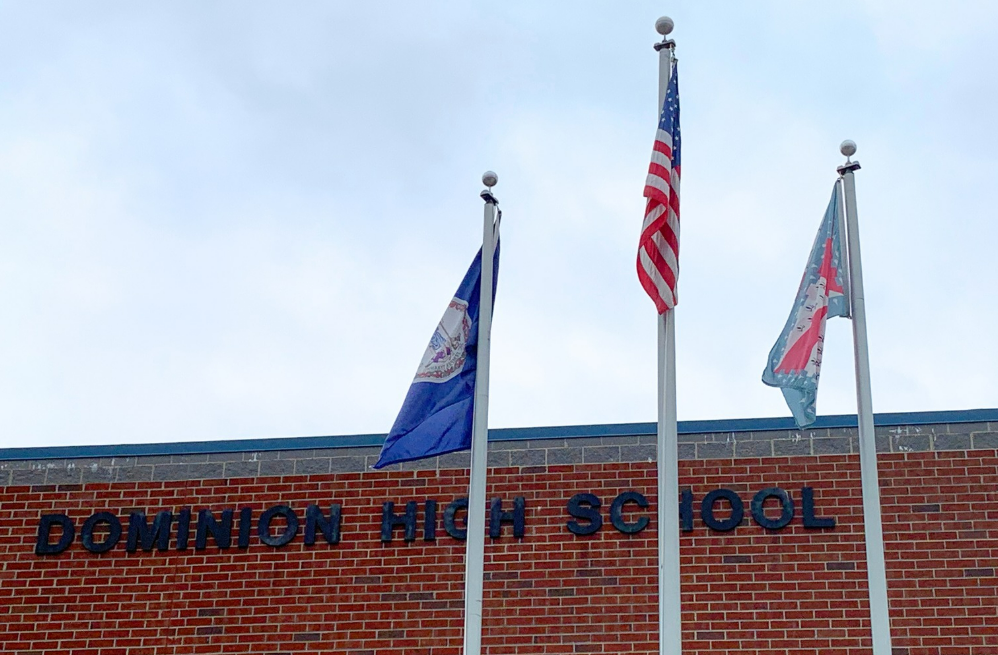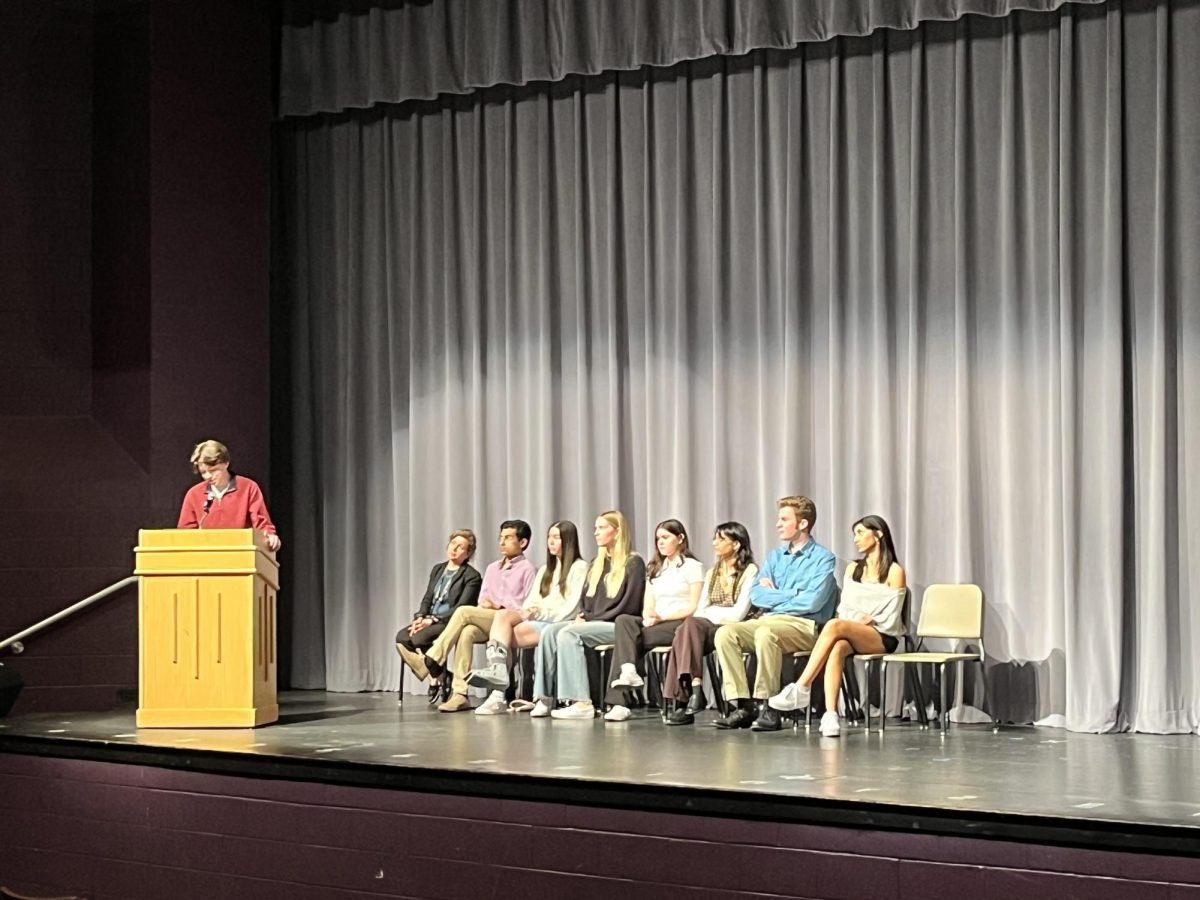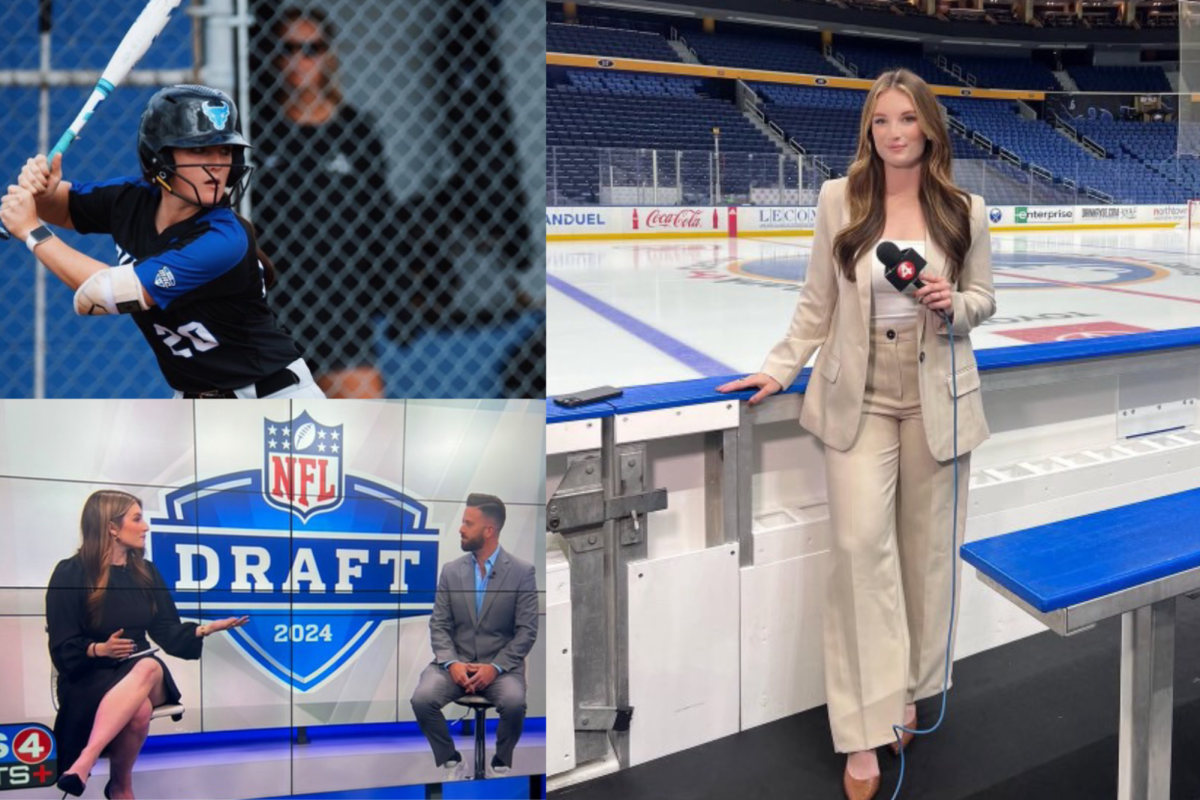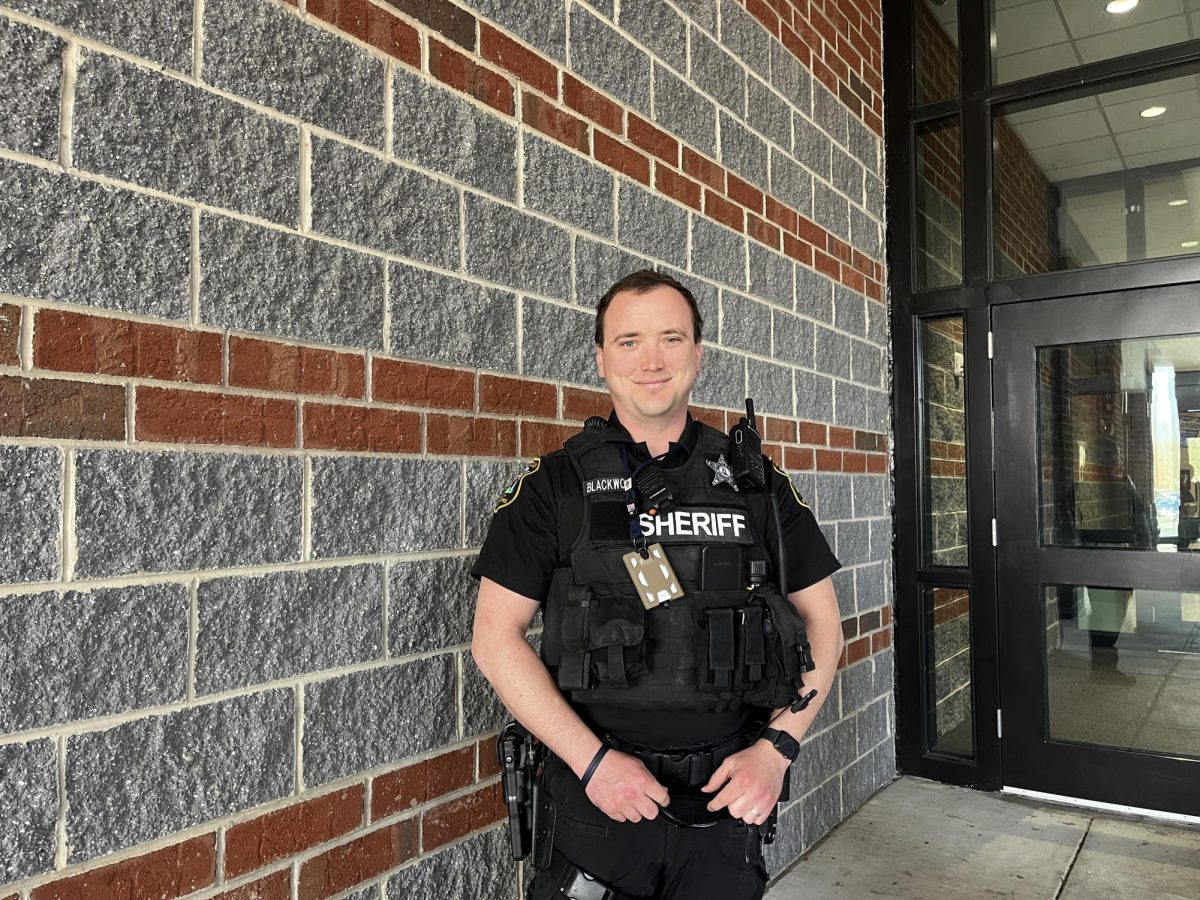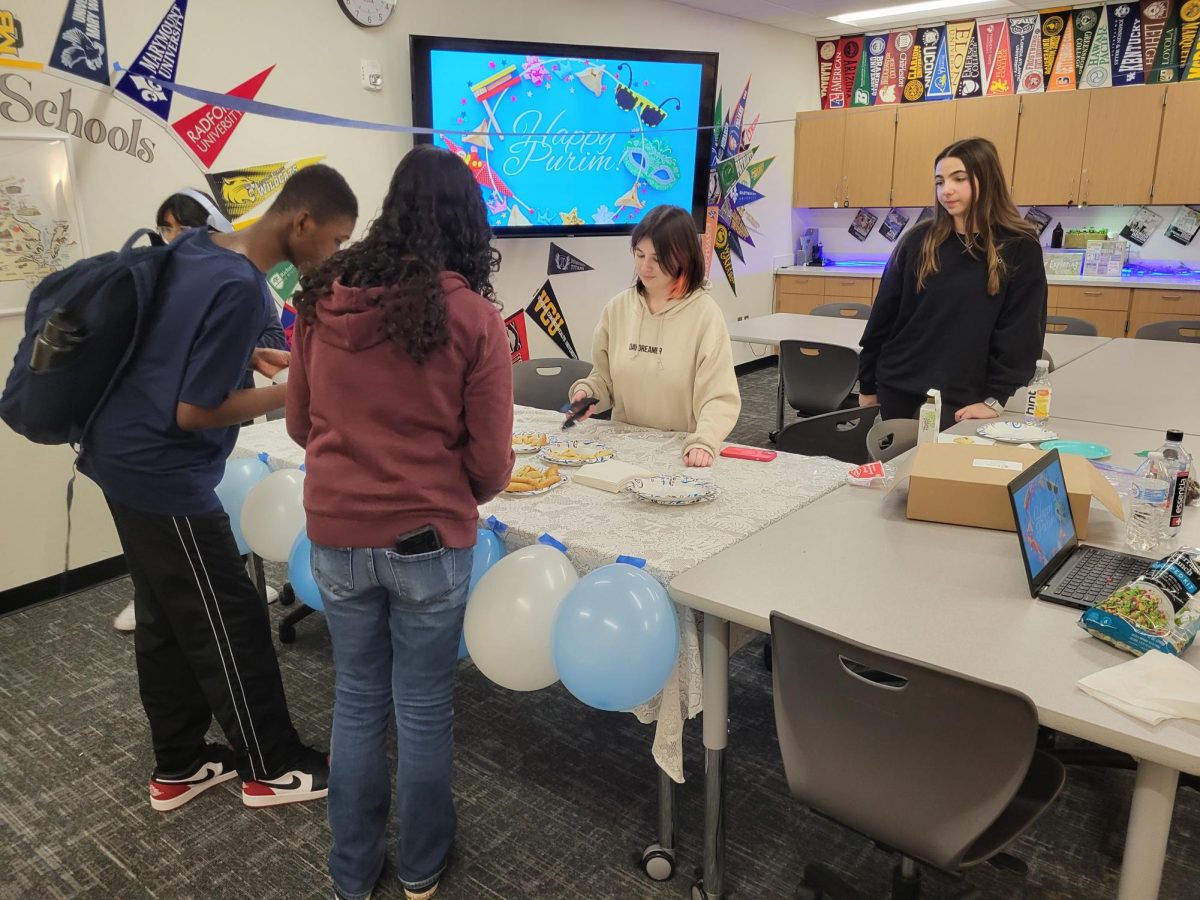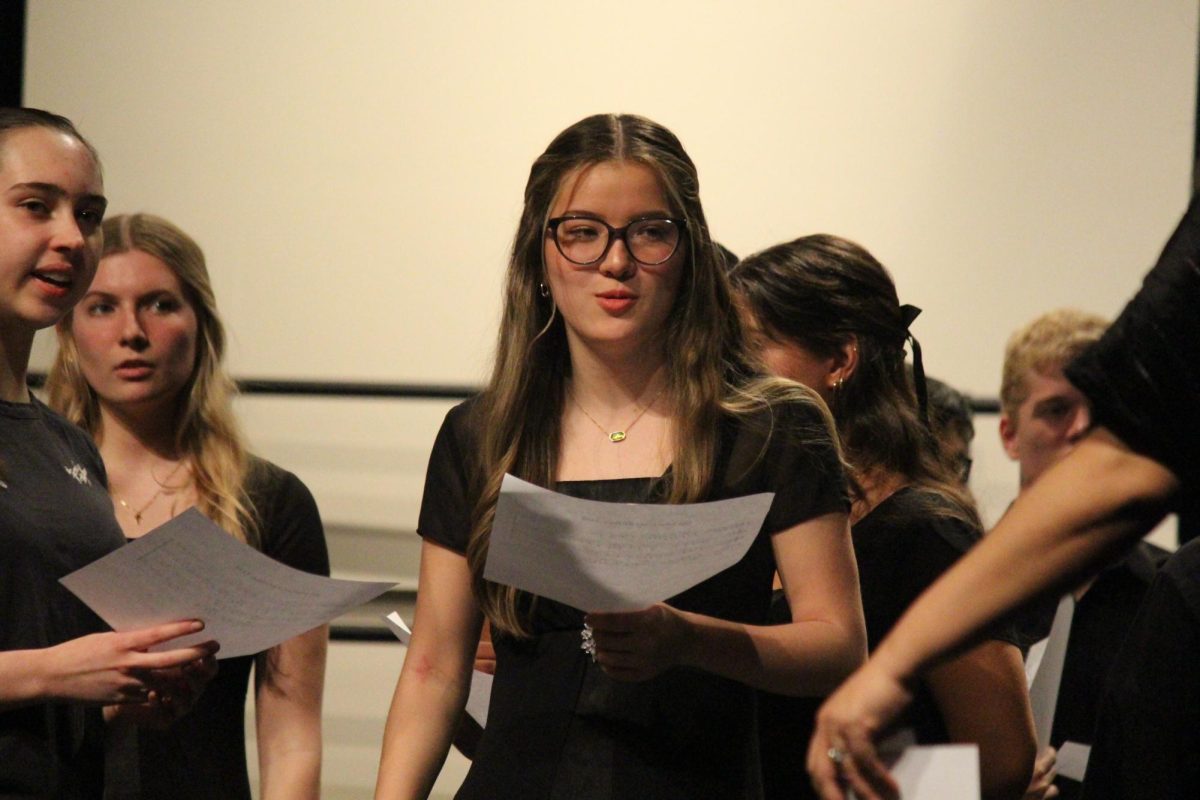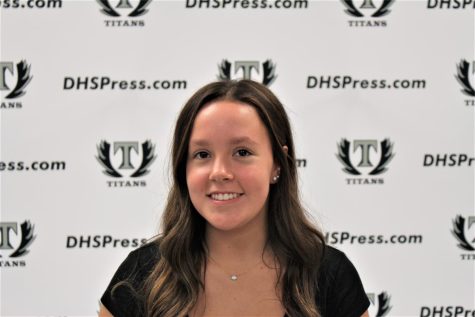What year did you graduate from high school?
I graduated from Dominion in 2010.
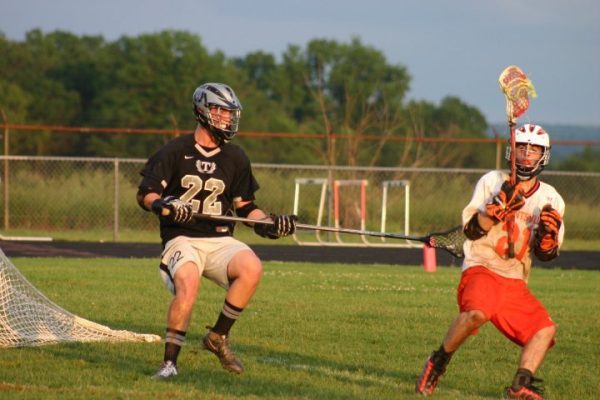
(Courtesy of Riley Sullivan)
Did you play any sports?
I played varsity football and varsity lacrosse. For a brief time, early in high school, I also ran track.
Outside of sports, how did you get involved in high school?
I was part of the National Honor Society. Then, I was also in the boy scouts; [I was an] Eagle Scout in my last year of high school.
What college did you attend and what year did you graduate?
I went to the University of Virginia, UVA, and I graduated in 2014.
What did you major in? Did you have any shifts in it?
I majored in government in the College of Arts and Sciences, and then I minored in leadership in the Commerce School, [UVA’s] undergrad Business School. I initially thought when I left Dominion and went to UVA that I was going to major in biology and do the pre-med track and become an orthopedic surgeon. Reality hit, and I did not have a good encounter with organic chemistry and genetics. I switched my major to government because I had some credits rolling over from Dominion that already satisfied some of the requirements for the government degree. I ultimately was most interested in my work in the Commerce School; some of the classes, students, and professors that I gained exposure to through that program really fired me up in a way that government did not.
How did you get involved at UVA?
At UVA, I was in a fraternity. I also was a Habitat for Humanity representative. That involved raising some funds and helping volunteer at Charlottesville housing builds. In the fraternity, I was the philanthropy chair. I was in charge of running the fundraisers for charities that we donated to. In particular, I started an annual philanthropy for the Norma Livingston Ovarian Cancer Foundation. One of our fraternity brothers unfortunately lost his mother to ovarian cancer, and his dad became very active on the board of that cancer foundation. We started an annual philanthropy that I believe still goes on every spring, about 10 years later, that donates the proceeds to that charity for women’s health.
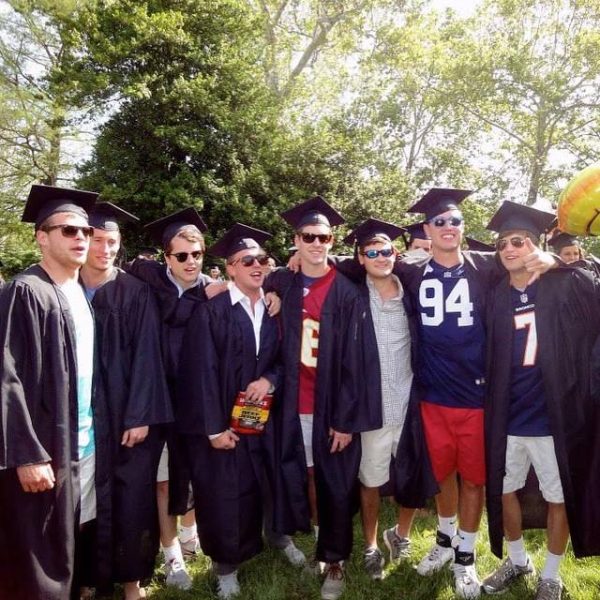
(Courtesy of Riley Sullivan)
What type of degree did you graduate with?
Bachelor of Arts in government, with a minor in leadership.
What led you to majoring in government?
I had credits that rolled over from high school into the program. I also thought being from the DC area, perhaps it would work to my advantage if I ever wanted to pursue a career in government. I’m pretty sure that I don’t have a government future in my life, but I will just say in general, the ability to write well and speak well were just general takeaways from that degree. The ability to on a short notice articulate a position and defend that position are generally good life skills that have been useful in every line of work that I’ve done.
Tell me about what your path looked like after graduating college.
[My] path is definitely uncommon. Most of my friends from UVA wind up out of undergrad heading to either DC or New York. Considering that I’m from the area here, I chose to go to New York. I worked in energy finance: oil and gas, commodities, sales and trading. Most recently, I was at Bank of America Merrill Lynch. I worked in the energy finance space for about three and a half years. At 26 years old, in 2017, I kind of had this internal voice that the work that I was doing was not fulfilling. I didn’t feel like I was making much of an impact. At that point, I was looking for something to challenge myself and try to make an impact on others in a positive way.
How did the military come on your radar?
My boss at Bank of America Merrill Lynch approached me and said, “Hey, I’m not sure if you’re aware of this, but the bank has a program that will allow you to leave the bank and go serve active duty, full time in the military, and if you would like to return to the bank when you’re done serving, you have the opportunity to return.” The reason he put that on my radar was because when I joined the team, I had mentioned that I had some military ties in my family, so he was just kind of putting that out there for me to digest. I honestly don’t think he thought that I would do anything with it. I ended up [submitting] an application to go to Army Officer Candidate School and I ended up getting accepted. In June of 2018, I moved out of Manhattan, [and] left my job at Bank of America Merrill Lynch. By August of 2018, I shipped down to Fort Benning, Georgia, and attended basic training, joined the Army, and that started my six year career in the Army.
Do you think you would have ended up on that path, if it wasn’t for your boss mentioning it?
I had always thought about joining the military when I was at Dominion. I actually entertained for multiple years the idea of applying to West Point, mainly because my granddad on my dad’s side and my granddad on my mom’s side both attended West Point and they served for 20+ years in the Army. As I got closer to applying to college, I realized that the idea of what college was in my head [was] having a fun time, going to big sports games, having freedom to grow up a bit, [and] that’s not really the experience at West Point. I decided, ultimately, not to apply to West Point, but I always had in the back of my head, maybe I could still pursue the military. Admittedly, [after I] moved up to New York after undergrad, I kind of filed that away. That voice got louder and louder and that’s when I started thinking maybe it’s a now or never moment.
Has your service impacted you as a person?
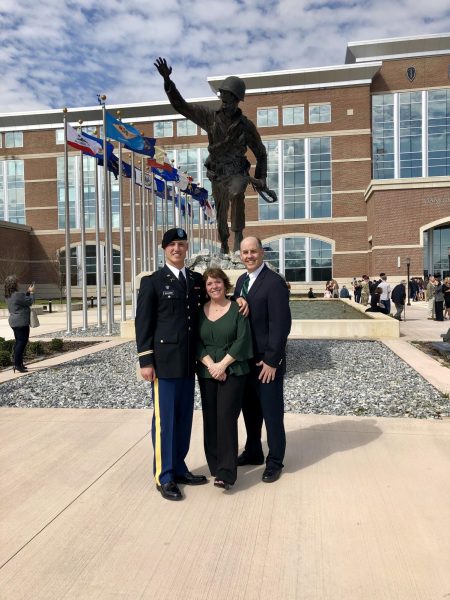
(Courtesy of Riley Sullivan)
Yeah, without a doubt, I’m more developed personally and professionally than I otherwise would be. Definitely helped me recalibrate my limits of what I think is possible, physically and mentally. I think more than anything, the value of joining the military for me was when you’re running around New York City, you’re young, you’re in your 20s, you’re single, you have a good job, most of your friends from high school and a lot of friends from college are up there, it’s almost like a fantasy land. You kind of lose touch with reality a bit. [At] basic training, I was 26 [and] most of the people around me were 17 or 18 years old. I was removed from the cool buzz environment in Manhattan, [and] moved to rural Georgia. It’s 100 degrees. It’s humid. They shave your head. They’re screaming in your face. Everyone’s dressed the same. You [have] to make your [own] bed. It was a very humbling experience, reminding me, at the end of the day, you always have something to learn. You are an equal to everyone else around you, and it’s a good healthy reset to be knocked to the lowest rung of the ladder. It was just a very grounding, [and] humbling experience, and kind of prepared me for the six years that would come.
What advice would you give to a student who’s interested in serving in the military, whether or not it’s like right out of school or later in life?
If you have a desire, whether it’s strong or just a fleeting thought, to join the military you should reach out to anyone you know who is currently serving to get a first hand account. It’s also valuable to reach out to a recruiter, but you have to remember that a recruiter is only going to highlight the great stuff. It’s worth reaching out to anyone you know, whether it’s a friend or a family member, try to get in touch with someone who is currently serving to get a real firsthand account of the good, the bad, the ugly, and just give it some thought as to whether or not you think it’s something you’d like to do.
What did that look like for you?
I reached out to a fraternity brother of mine, who at the time, was currently in the Army. He had been in five years at the time. And when I said, Hey, I’d like to join the Army. Can you put me in touch with someone? He said, think it over for a couple of months, and then get back to me. That gave me that window to do the exploring [and] figure out the pros [and] the cons, places that I may potentially have to move, potential cuts in my salary, time commitments, how frequently I could see my family, and what jobs I would be interested in. All of that information was very important in the decision making process, and I would just recommend to anyone who wants to join, take that time to reach out firsthand to someone, particularly in the service, that you’d like to join.
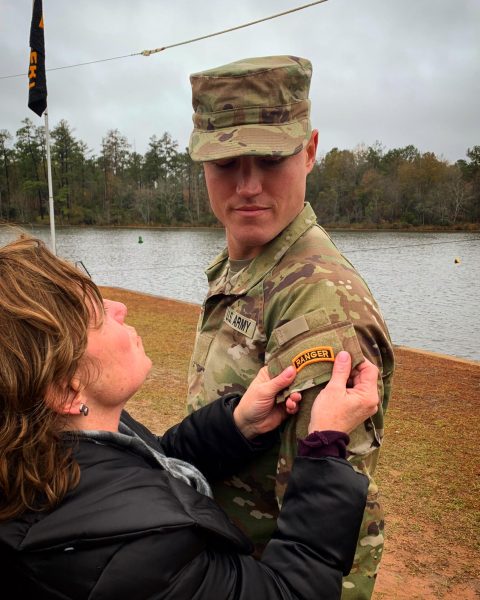
(Courtesy of Riley Sullivan)
What are the benefits of the path you took?
A huge benefit of the route I took is, if you go through Officer Candidate School to commission instead of doing ROTC or West Point, [you] have to do basic training first. You are surrounded by enlisted personnel who you will later be in charge of. For me, being surrounded by all the guys that I would someday be in charge of was a very formative experience. Just letting me see what they go through, and it helped me be a more empathetic leader of enlisted soldiers.
How did your leadership build as you went into new positions?
In basic training, I was an equal with everyone. After I graduated basic training, I went to Officer Candidate School, and at that point, I was surrounded with about 120 other future officers. We were still all equals, but we were all in the pipeline to become officers and be in charge of enlisted soldiers. Later, as soon as I graduated from Officer Candidate School, I became a second lieutenant. I was a commissioned officer, and from that point on, I had authority over enlisted personnel. The moment you commission, you have leadership authority over people who have 10-15 years of military experience and you quite literally have weeks or months of experience. It’s structured that way so that you can adjust early to the responsibilities and demands of being a leader and you grow with time into that role. After all of my education, I went through Ranger School, Airborne School, Infantry Officer Basic School, all of those courses. I moved to Fort Polk, Louisiana, and I was immediately a platoon leader in charge of 39 other people, and it was my first job in the Army. You learn very quickly to tap into the experience and the wisdom of the people around you. I had a platoon sergeant who had served at the time for 15 or 16 years. He had deployed three times. He had been to more military schools than I can count. Even though I was in charge of him from day one, he behind closed doors was my guiding light. He gave me all of the feedback. It was a very collaborative, respectful relationship, but as soon as we walked in front of the platoon of the 38-39 other guys, I was in charge, and what I said goes. The important thing to remember as you’re a young leader in the military: make use of the people around you who have more experience. I was able to grow and develop as a leader by taking advantage of the stories, the experiences, and the knowledge of the people around me. You just have to be willing to learn.
What does your day to day look like now?
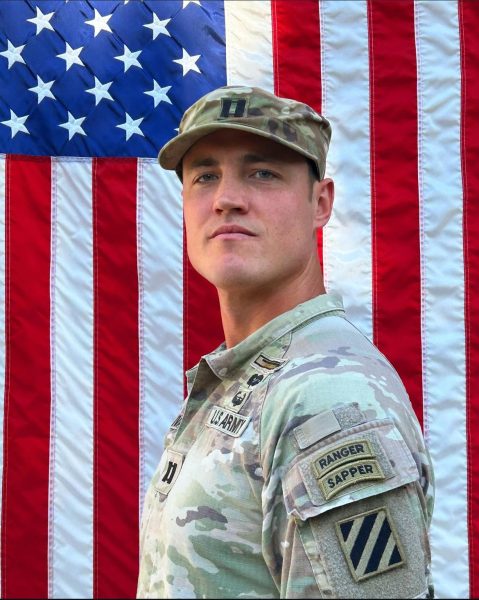
(Courtesy of Riley Sullivan)
Officially, I separated from active duty this summer. I joined the summer of ‘18. I got out in the summer of ‘24. I’m currently on the job hunt to try to enter the healthcare innovation/ technology space. During my time in [the] service, I lost a very close Army friend of mine and two soldiers to mental health issues, and that gave me a sense of direction. I realized I did not want to return back to the energy finance space. I left there not feeling passionate about it. What I am passionate about moving forward is helping improve access to mental health care and improve the treatments for active duty service members and veterans. Right now, I’m currently exploring a few roles. A potential role could be here in DC that would focus on healthcare innovation, specifically for veterans, developing new technologies, [and] new applications. But what I realized as I started this journey this summer to look for a role in the healthcare, tech and innovation space, my resume is not in that area. I have about four years of energy finance, six years of being an infantryman in the Army [and] neither of those screamed healthcare.
What have you done to maneuver that challenge?
One thing that I have done to try to develop some healthcare experience: I took advantage of a program that the Department of Defense offers called SkillBridge, and that allowed me this spring, to intern for three months at Mayo Clinic. I was in the psychiatry and psychology department at Mayo Clinic, and I also worked with the Innovation Department and the Strategy Department on some projects related to veteran healthcare and technology. I’m hoping that [it] will at least demonstrate to employers, as I pursue this new career path, that I am serious about helping veterans, helping active duty service members, [and] improv[ing] healthcare treatments and access to those treatments. That’s the new pathway that I’m on, and I’m hoping to solidify something in these coming weeks.
What is one thing you would tell to your high school self or a piece of advice you would give to current students?
There’s as much value realizing what you don’t want to do, as there is in finding what you ultimately do want to do. If you find yourself in a job, degree, or a program that doesn’t exactly seem perfect to you, just appreciate that in time, you’ll look back and you’ll find takeaways in those experiences. The time didn’t feel like a right fit, but they’ve helped shape you and get you to where you want.



